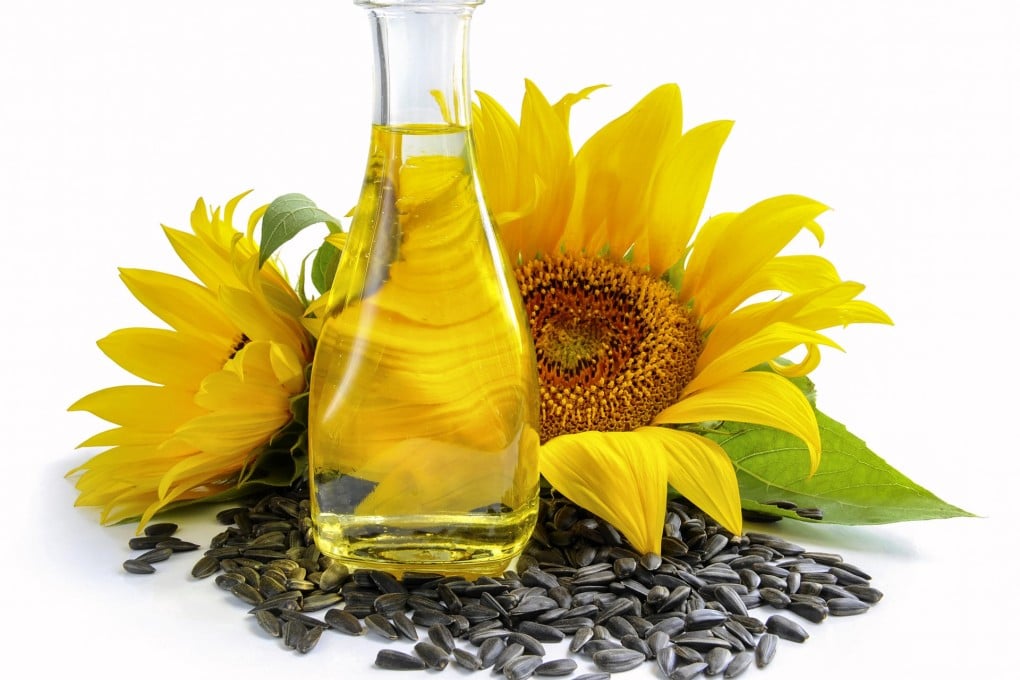Are all vegetable oils heart-healthy?
You've heard of the dangers for the heart from animal and dairy fats. But are you aware that some vegetable oils can push your cholesterol levels up, too?

No
You've heard of the dangers for the heart from animal and dairy fats. But are you aware that some vegetable oils can push your cholesterol levels up, too? That's because contrary to popular belief, not all vegetable oils are good for you.
Depending on how they were processed, some plant-based oils can actually increase your risk of heart disease.
According to Susie Rucker, a nutritional therapist at Body With Soul in Singapore, the most destructive processing method is hydrogenation or hardening. "Hydrogenation is a process used to turn oils into margarine or shortening," Rucker says.
"All vegetable oil spreads - even olive oil based ones - and margarines are so indigestible that you may as well eat the tub they come in.